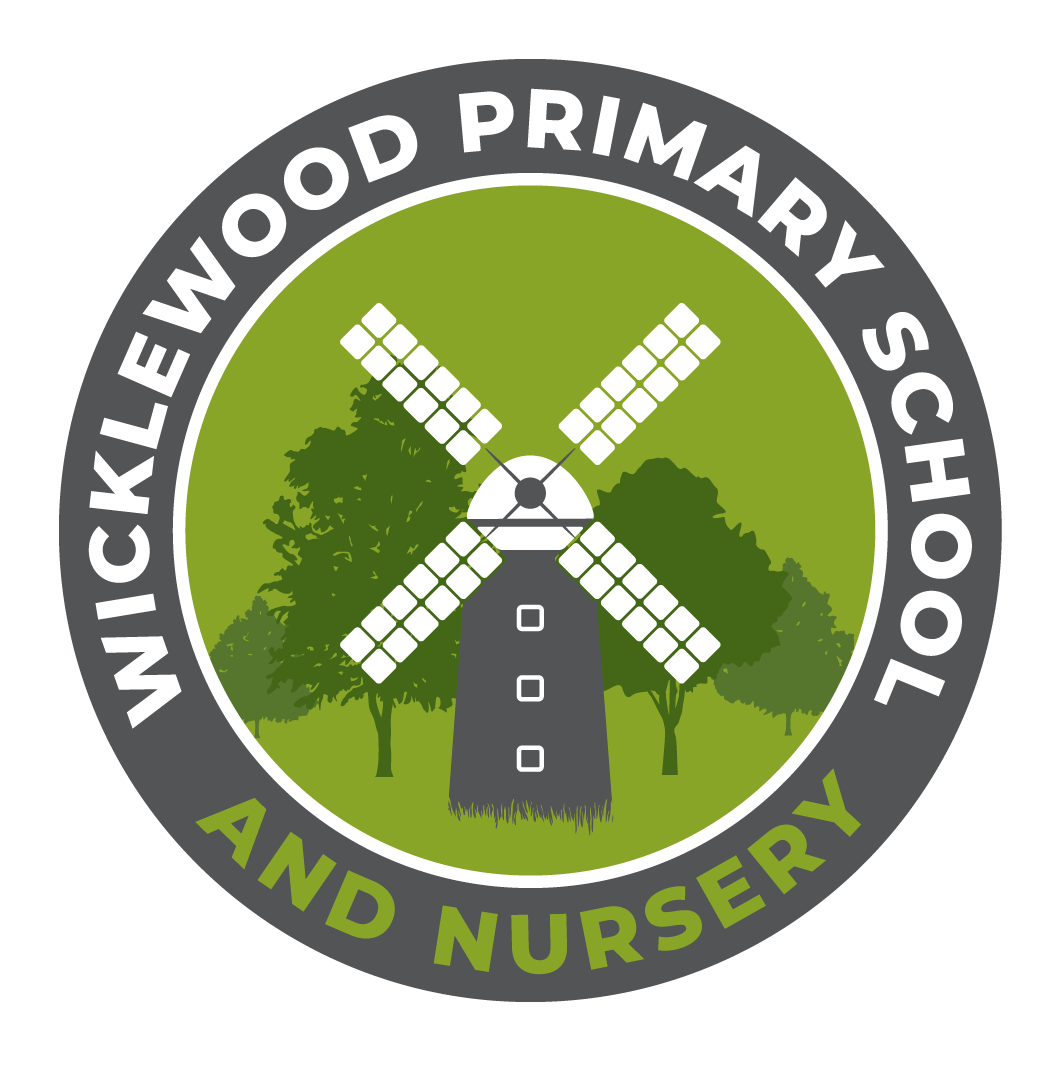Curriculum
OUR CURRICULUM
At Wicklewood Primary School,
- Our pupils will become resilient and motivated to participate in a complex and exciting world.
- Our children will leave Wicklewood as readers, as activists and as knowledgeable citizens of a diverse future.
- Our pupils will be equipped with the cultural capital and high expectations to transcend any background and make the very best of themselves.
So that our pupils can move on to high school equipped to succeed, we will make a curriculum to inspire all children. Our curriculum will build on the foundation of the National Curriculum and reach beyond its ambition to shape a learning foundation for life.
To help our pupils gain a true sense of themselves and help them understand how to affirm their place in the world, our curriculum will value questioning, enquiry and challenge. Our pupils will be curious learners and courageous advocates. Our pupils will ask critical questions, challenge assumptions and grasp opportunities.
Our village and locality root us in an ancient, rural setting but place us on the edge of a science park, in a technology corridor and close to a university at the forefront of environmental research.
Our school values will be woven through all of our school's work and we will utilise the fabric of the school to support teaching and learning in all areas of the curriculum.
For our pupils, we know that developing a real love of reading will open doors to many worlds. The teaching of reading begins in our Nursery. Books are at the heart of lessons and topics. In Reception class we continue this journey and build on a love of picture books and traditional stories with songs and familiar rhymes. Phonics teaching starts early too and with big smiles and encouragement, children begin to hear the first sound in their name and then sounds in simple words. By the end of Year 1, the vast majority of children will be fluent in the decoding of phonetically regular texts. From Year 2 onwards, stories remain a key part of our learning, providing a spine for our curriculum with a focus on excellent authors and a huge range of books!
All curriculum areas are mapped by leaders across terms and year groups. Meaningful links are made between our community, our stakeholders and the school. The progression of skills and knowledge acquisition is mapped throughout the curriculum. In lessons, key questions prompt enquiry and curiosity and learning is applied in Forest School sessions or in innovative scientific lessons. Teachers use a range of questioning during lessons to promote thinking, elicit responses and prompt discussion.
Each year group will use knowledge organisers, assessing progress by questioning the children about their content. Before a key theme begins, teachers can assess how much children already know and plan accordingly. At key assessment points mapped out across the year, the children demonstrate how much they have learnt.
Whilst many subjects can be taught within a theme, there are areas of learning that are taught discretely, such as skills in mathematics and English.
Our school is located near many wonderful places well-suited to learning. We value 'lived' experiences as children's lives and development have been adversely affected after their early experiences, these have never been so important. Time spent in lockdown and a shift to 'virtual' communications has only reinforced our determination to ensure every child learns from real experiences. These adventures are the stuff of memories and will live in the children's hearts and minds for the rest of their lives.
We will judge the success of our curriculum in several ways. We will always question stakeholders and ask them to hold us to account. Through the pupil councils, we will ask the children to review the curriculum provision to see what they enjoy, what they find challenging or stimulating and what they think could be better. We will talk to parents through questionnaires, parents’ evenings and cafes and give them opportunities to tell us what they think should be taught in our school to help support their children, families and communities. We will ask governors to review our work and local high schools to critically assess the impact of our curriculum on their work.
Through learning walks, observations and partnered teaching, we will assess the impact and quality of teaching and learning. We will support teachers in the acquisition of excellent subject knowledge and engagement in continuing professional development, using action research and training to further enhance their skills. We will review the quality of the children’s work regularly, ensuring high expectations for all pupils and that disadvantaged pupils are being supported in closing any gaps from starting points.
We will use a rigorous system of assessment to ensure pupils are supported in making progress. We will use a tracking system for learning, meeting termly to assess cohorts and put interventions or changes in place when necessary. We will analyse outcomes to ensure we take effective action to address gaps or issues identified. Lesson planning in the medium and long-term will be overseen by senior leaders and subject leads who will ensure progression of skills and knowledge with high expectations across the school. We will review the curriculum yearly to ensure it maintains its relevance, high expectations and effectiveness for all.
All aspects of our curriculum are made accessible to all children, irrespective of their ethnic background, gender, disability, religious or linguistic background. We strive hard to meet the needs of those pupils with special educational needs, those with disabilities, those who are more able, those with special gifts and talents and the children who are learning English as an additional language.
SUBJECTS
